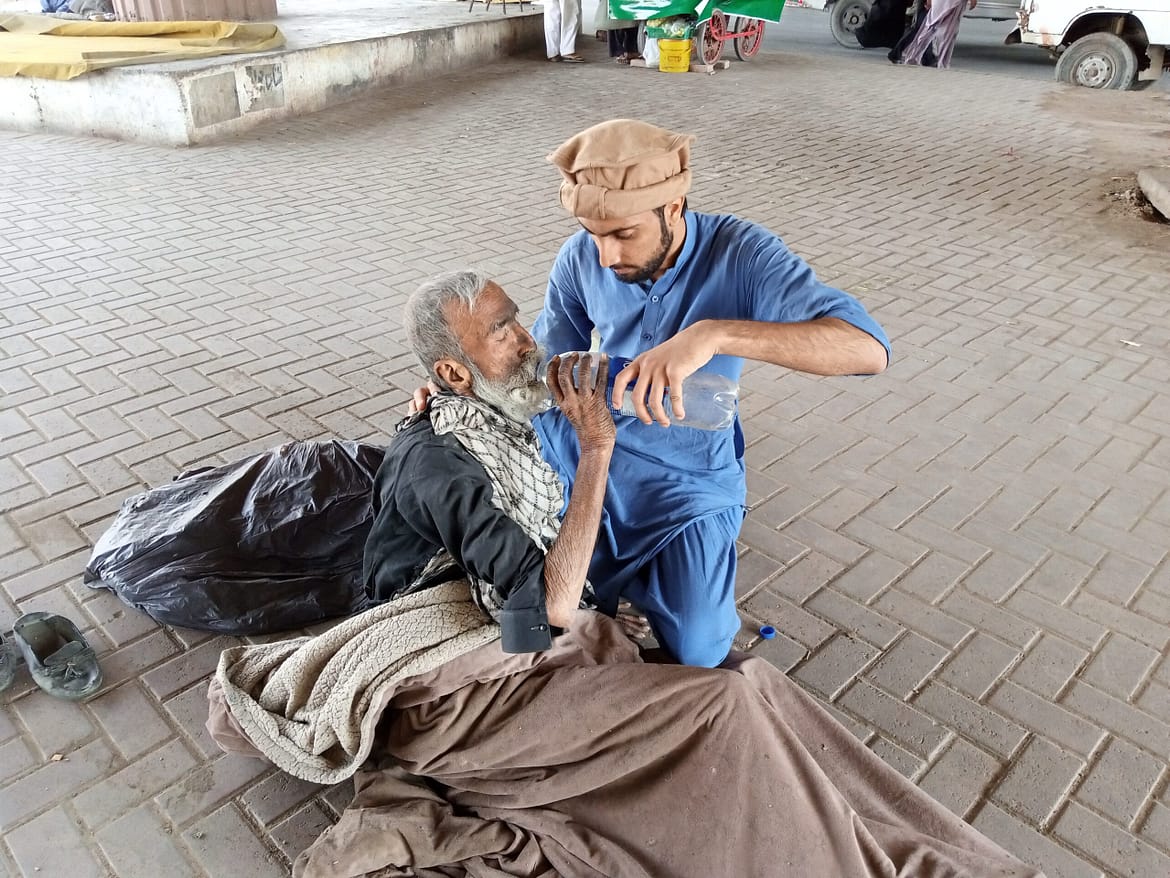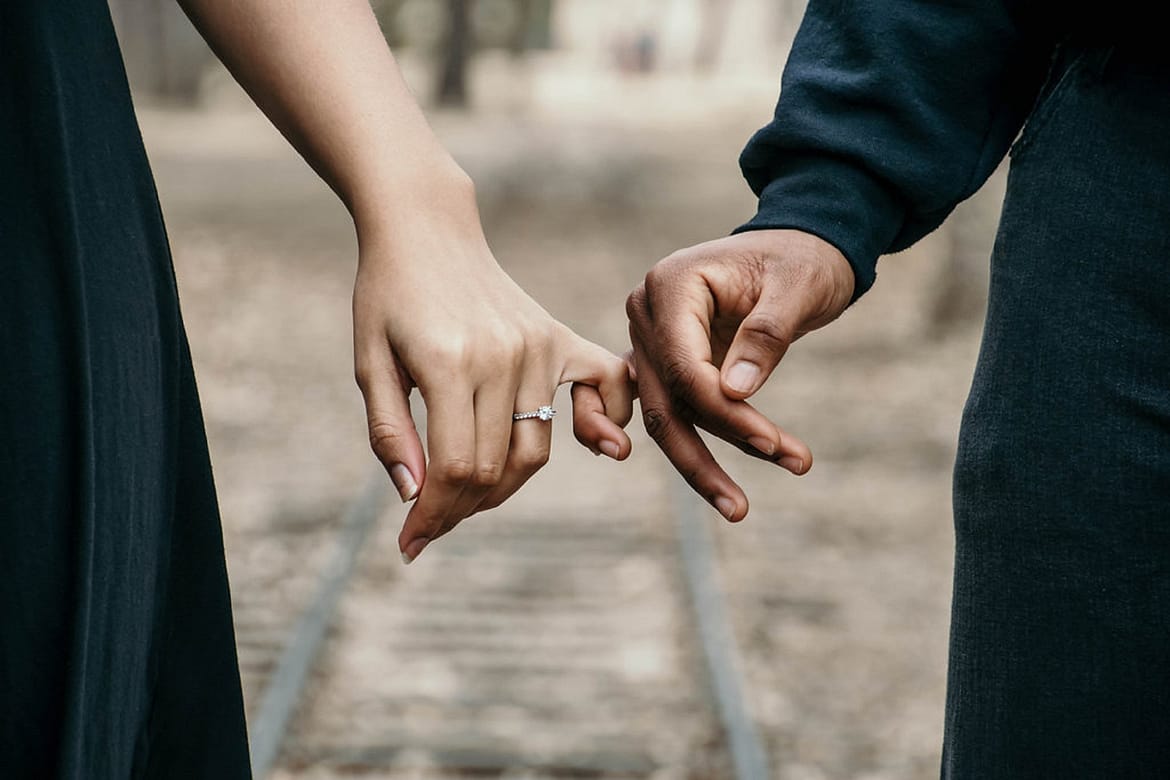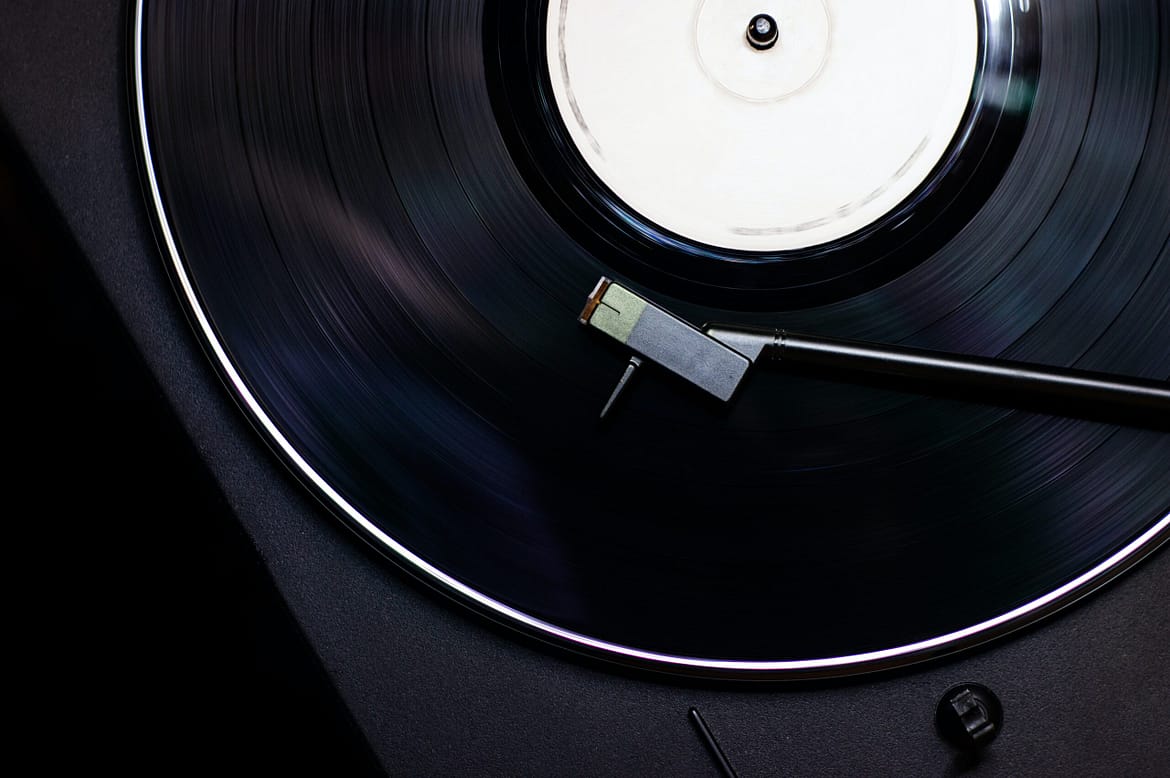meditation in outer space
meditation is a solid path to peace. if you meditate every day, you will feel better. life won’t necessarily be easy or even objectively less difficult. but you won’t mind it as much. you’ll find yourself less controlled and obsessed by your emotions. they’ll stop really being issues in the… Read More »meditation in outer space





